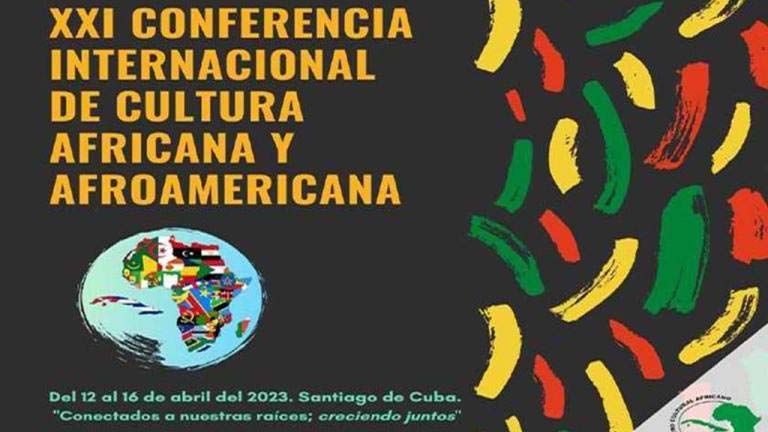This is how Zoe Cremé, director of the Fernando Ortiz African Cultural Center, which sponsors the event, assessed it, when referring to this dialectical and changing panorama, largely derived from world globalization that influences the most diverse latitudes of the planet.
She alluded to the mobility of borders, the new names of countries, the results of the diaspora and other effects of modernity that go back to the times of slavery, which behaved differently in each part of the huge continent.
From these current challenges emerge the imperatives of reinforcing identity, amid the difficulties caused by the impacts of Covid-19 and the economic and environmental crises, said the specialist.
Cremé commended the satisfactory reception inside and outside of Cuba to the call, which had a very fast and large response, to the point that in the end they had to limit participation, in the effort for an edition worthy of the city and the nation and in amid difficult circumstances.
According to the organizing committee, some 250 scholars will take part, 35 of them from 25 countries and a large representation of Cuban universities, headed by those of the East and of Medical Sciences, based in this city.
The usual presence of members of the African diplomatic corps accredited in Cuba and delegations from Mozambique, Egypt, Tanzania, Equatorial Guinea, Nigeria, Kenya, Uganda, Mali, Bukina Faso, Angola and Gambia are expected.
There is also the attendance of experts from France, Mexico, the United States, Colombia, Brazil and Argentina, who will share the academic days and artistic presentations from the next 12 to 16 in various cultural centers in Santiago.
mem/mca









